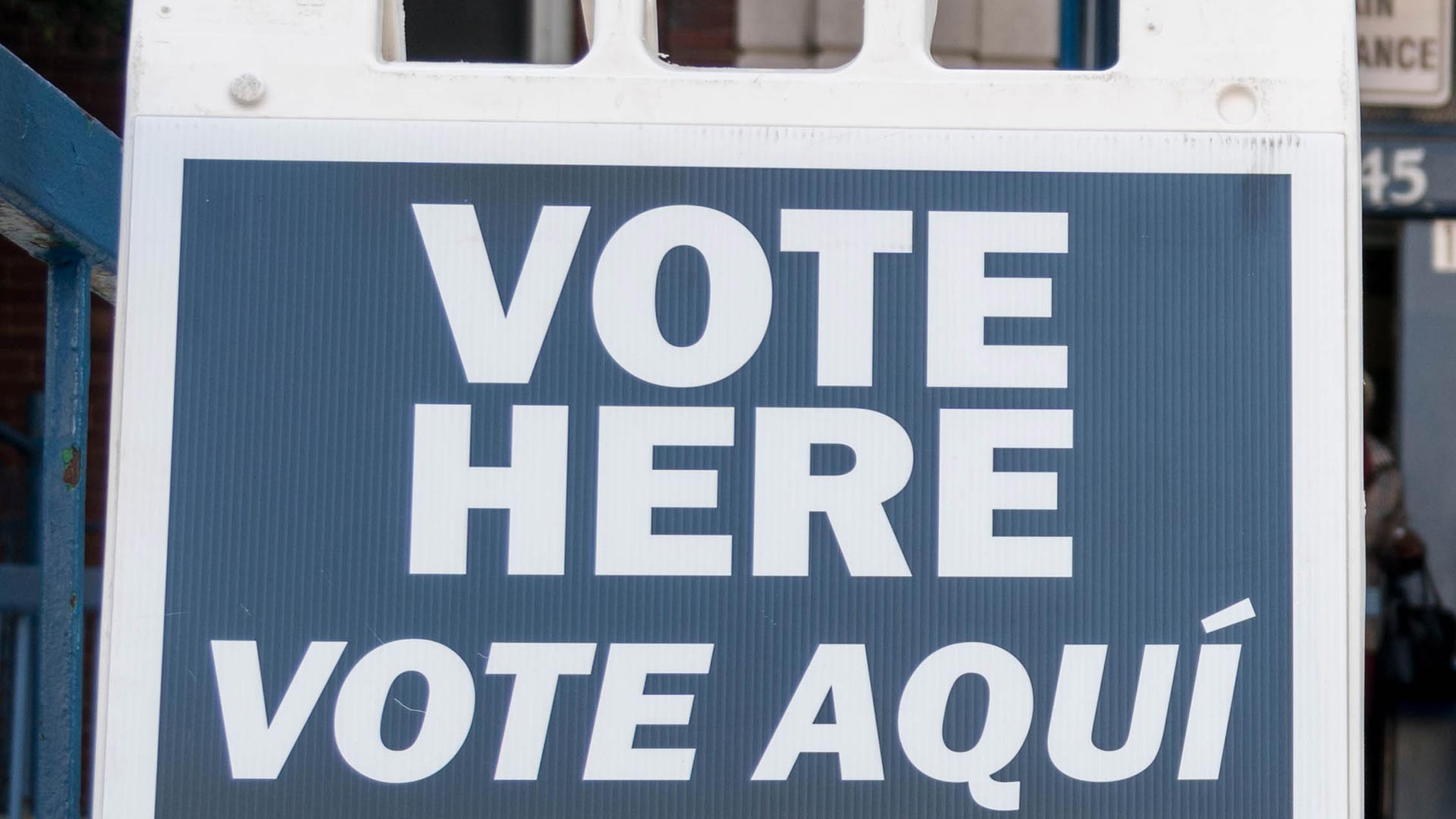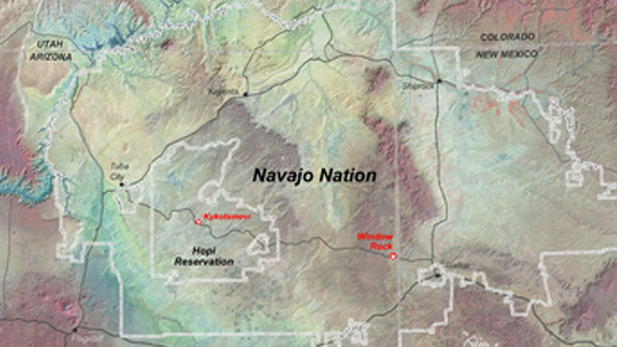 A Vote Here sign outside a polling place.
A Vote Here sign outside a polling place.
FLAGSTAFF — The Navajo Nation is seeking a court order to allow tribal members to fix problems with signatures on early ballots in Arizona's general election — a request that could delay the state from certifying ballots next month.
Voters statewide were given more time to address mismatched signatures after Republicans alleged in a lawsuit that Maricopa and Pima counties contacted voters illegally after Election Day about signatures on ballot envelopes that didn't match those on the voter file.
A lawsuit filed this week by the largest American Indian reservation makes a broader argument to count ballots that Navajos properly filled out but didn't sign. It alleges Navajos have fewer opportunities to participate in early voting and not enough translators to tell tribal members with limited or no English proficiency how to complete early ballots so they aren't thrown out.
The tribe said more than 100 votes cast by Navajos were disqualified.
"Navajo voters know our history of being denied the right to vote," outgoing tribal President Russell Begaye said in a statement. "We know our history of being denied access to the political process. We know how we have been treated unfairly in the past. However, we will not let these injustices continue."
The Navajo Nation's federal lawsuit alleges violations of the state and federal constitutions as well as the federal Voting Rights Act. It names Arizona Secretary of State Michele Reagan and election officials in Apache, Coconino and Navajo counties.
Navajo County recorder Doris Clark and a spokesman for Reagan did not return messages seeking comment this week. Coconino County recorder Patty Hansen said she had not seen the tribe's lawsuit.
Edison Wauneka, a former longtime Navajo Nation elections director who now serves as the Apache County recorder, said he disagreed with allegations that the county is disenfranchising Navajo voters.
"I believe very strongly that we're making sure all of the citizens of Apache County are afforded the right to vote," he said. "There's no question in my mind we did that."
Wauneka's chief deputy, Bowen Udall, said voters were allowed to fix mismatched signatures. But he said the county doesn't allow those who haven't signed the envelope at all to fix it other than before polls close on Election Day.
Apache County had two early voting sites on the reservation in Chinle and Fort Defiance. Udall said the county didn't have the staff to open four more as the tribe requested, and the tribe's Aug. 8 offer to recruit workers didn't come in time to train people for the Nov. 6 election.

Coconino County had one early voting site on the reservation in Tuba City. In a letter, Hansen said she could not open three others the tribe requested because she was prohibited from doing so under an agreement with the U.S. Justice Department over access to polling sites for people with disabilities.
Clark, from Navajo County, responded to the tribe's request for more early voting sites by saying the county already had doubled the number of locations. Most were open for five hours at a time on different parts of the reservation. Clark said to have them open for days or weeks would have required a vault to store ballots.
Joyce Lee, an 81-year-old Navajo woman who voted by mail, said in a court affidavit translated from Navajo that she wasn't advised she had to sign her name on the envelope and is concerned her vote won't count.
"I believe that if some voters have the opportunity to correct ballot affidavit deficiencies, all voters should be able to correct ballot affidavit deficiencies," she wrote.
The tribe's lawsuit asks a judge to order counties to establish in-person voter registration on the reservation and open nearly a dozen more early voting sites with consistent hours for future elections.
The tribe also wants instructions on how to cast a ballot broadcast in Navajo over the radio — the primary means of communication for elderly voters — for 30 days leading up to an election.

By submitting your comments, you hereby give AZPM the right to post your comments and potentially use them in any other form of media operated by this institution.